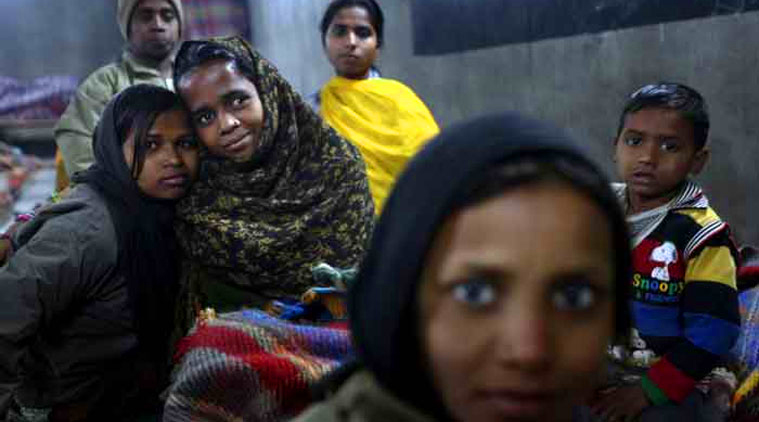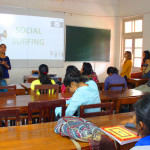Every year, the birds make their southward journey, the salmon fish travels all the way back to their natal river to reproduce. A sense of safety, comfort and belongingness beckons us, to the place we all call home. When the protagonist in the film highway, gets abducted by a gang of thugs for ransom, she says, “Tum mujhe jahan se laye ho main wahan wapas nahi jaana chahti” (I do not want to go back to where you brought me from). That one powerful sentence defines the life and the world of tens of thousands of women and girls who face sexual abuse or violence from fathers, husbands, uncles or in-laws in their own house or the marital home.


A house is more than four walls and a roof. A place where women suffer routine violence and loss of dignity, cannot qualify as home. The right of every human being, to live in a safe and secure home and community, is termed as the right to adequate housing. The UN Special Rapporteur on adequate housing, defines adequate housing as, “The right of every woman, man, youth and child to gain and sustain a safe and secure home and community in which to live in peace and dignity”. Figures on homelessness have remained divergent. While the Delhi Government’s Homeless Survey 2010 estimated, that there were 67, 151 homeless people in Delhi, civil society organisations have often seen government figures as a grossly underestimated number.
Women form one of the groups worst affected by homelessness, and homeless women suffer the worst forms of violence and abuse. In the absence of a safe living space, women often take recourse to living out on the sidewalks of Delhi, exposing themselves and their children to the various forms of physical violence and harsh weather conditions. Homelessness among women is caused by factors such as lack of affordable housing, forced migration from the rural areas, slum demolition without rehabilitation, domestic violence, and inadequacy of law, inequitable planning and breakdown of marriage/partnership.
Although the Protection of Women from Domestic Violence Act, 2005 gives the aggrieved the right to residence in the shared household, victims of domestic violence remain largely deprived of this legal right. Delhi offers very few shelter homes to women, mostly for short duration and have very small intake capacity. The All India Women’s Conference has a short-term shelter home, for women in distress, for a maximum of three years. However, depending on the legal case, the nature of harm and the speed of recovery, women are rehabilitated much earlier. The shelter gets anywhere about 15-20 cases, mostly of women facing marital distress. But the institution also counsels and helps to rehabilitate women victims of sex trafficking and sexual violence like rape.
Matritva Chhaya has two centers, one in Sarai Rohella, and another one in Jahangir Puri. Both are short-term shelter homes for pregnant and lactating women. The shelter is funded by the Ministry of Women and Child Development and caters to pregnant and lactating women, who have either been abandoned by their families, or suffer from mental retardation. The shelter has the facilities of vocational training like stitching, embroidery and beauty culture for the women. It also has a doctor approved menu and counselling.
Mayur Vihar has a shelter home called Premalaya for women victims of abuse. It has a capacity of 6 people, but is currently under renovation and has been shut from the past 4 months. The shelter house provides medicine, food and counselling to the victims.
Whether it is institutions for the homeless, or shelter homes for women, there is a glaring lack of adequate infrastructure. As a vulnerable group, it is women who suffer the worst forms of violence when exposed to unsafe, unhygienic or undignified living spaces. A safe city must have proper shelter homes for all women who suffer inadequacy, whether in the form of physical, mental or economic distress.
Donation for Centre for Social Research to Join our effort in rehabilitating Domestic Violence
Discuss this article on Facebook




